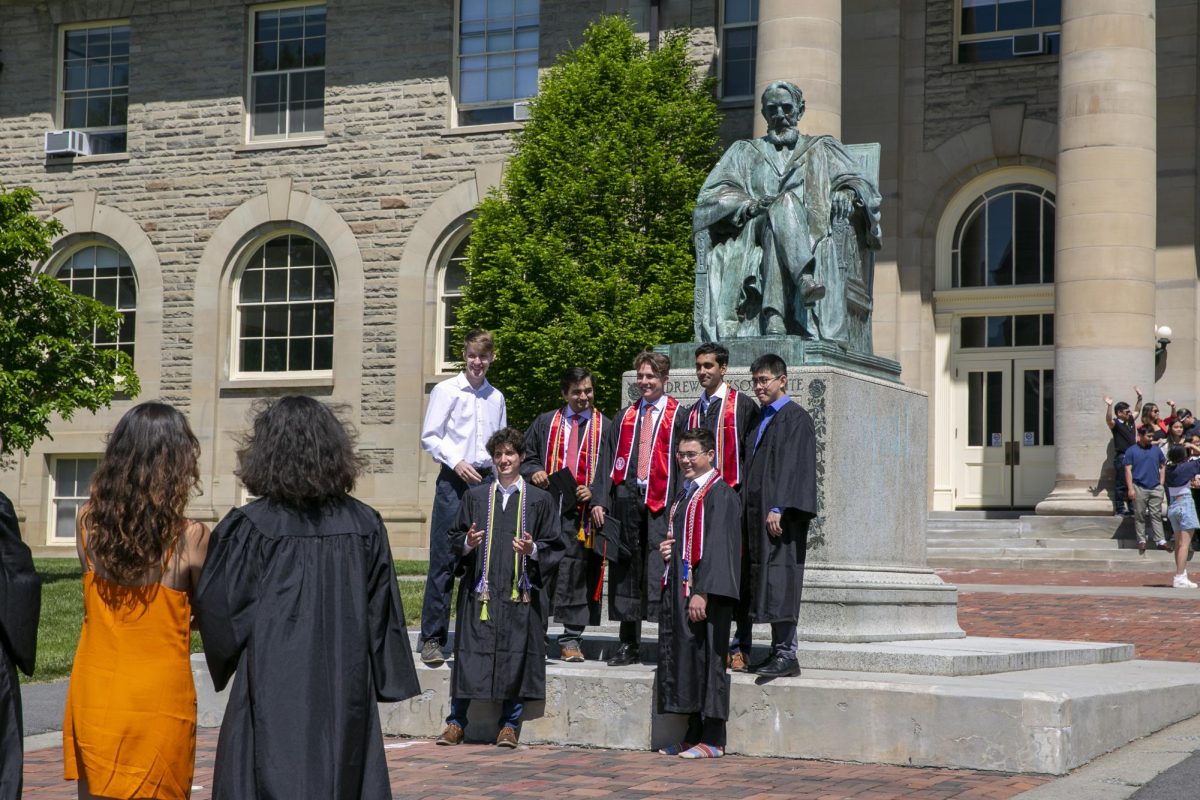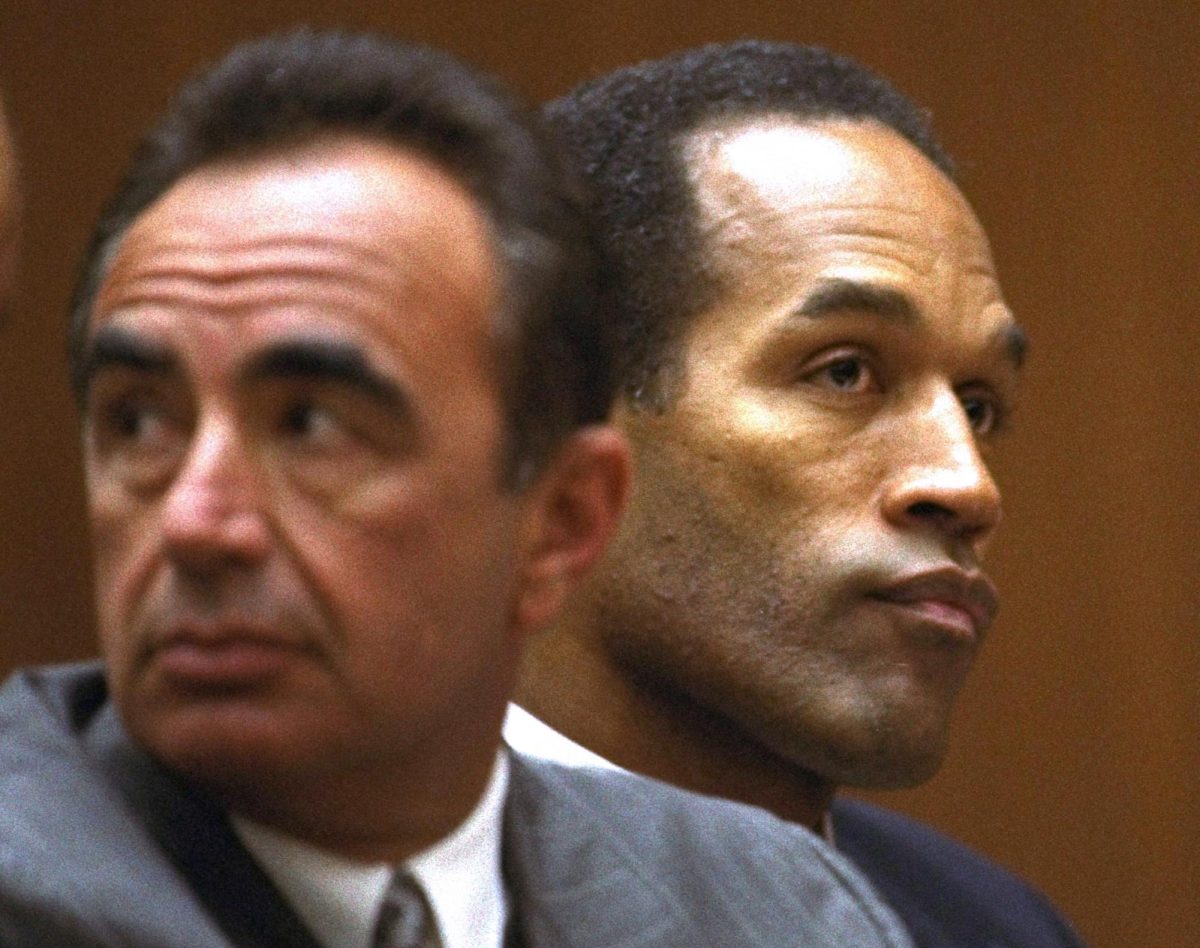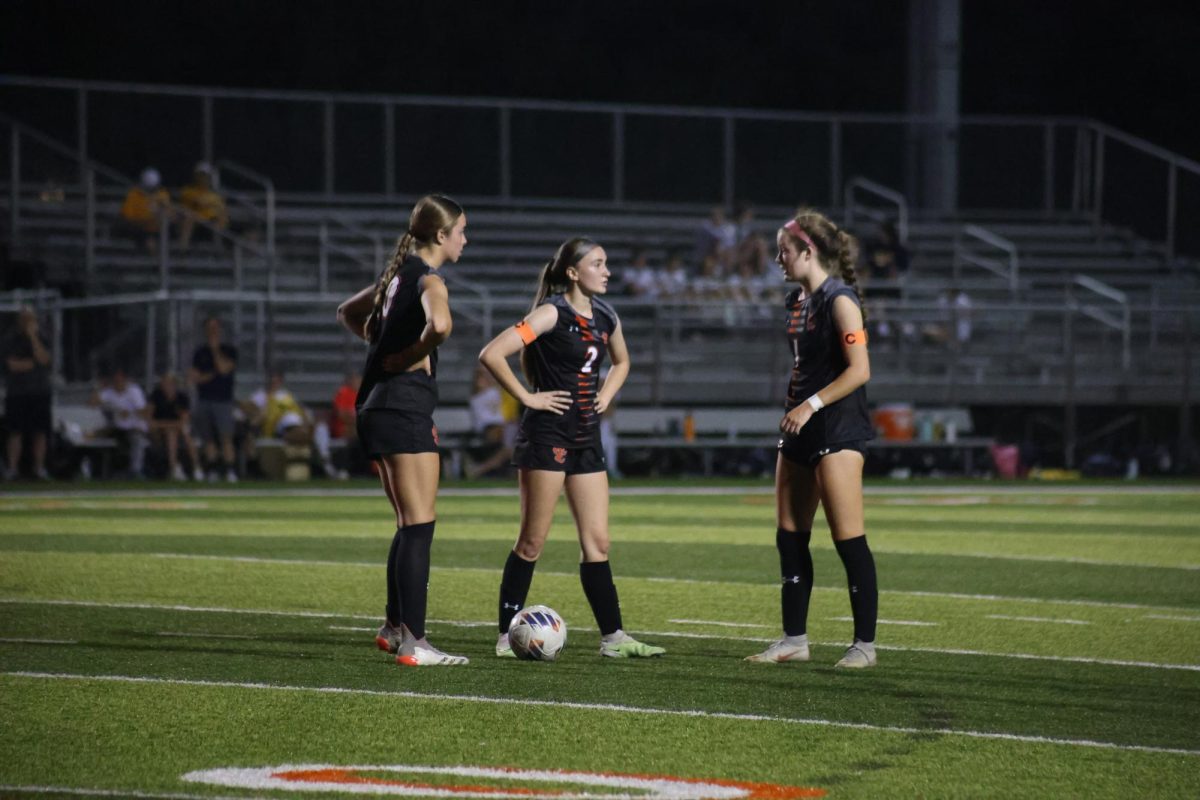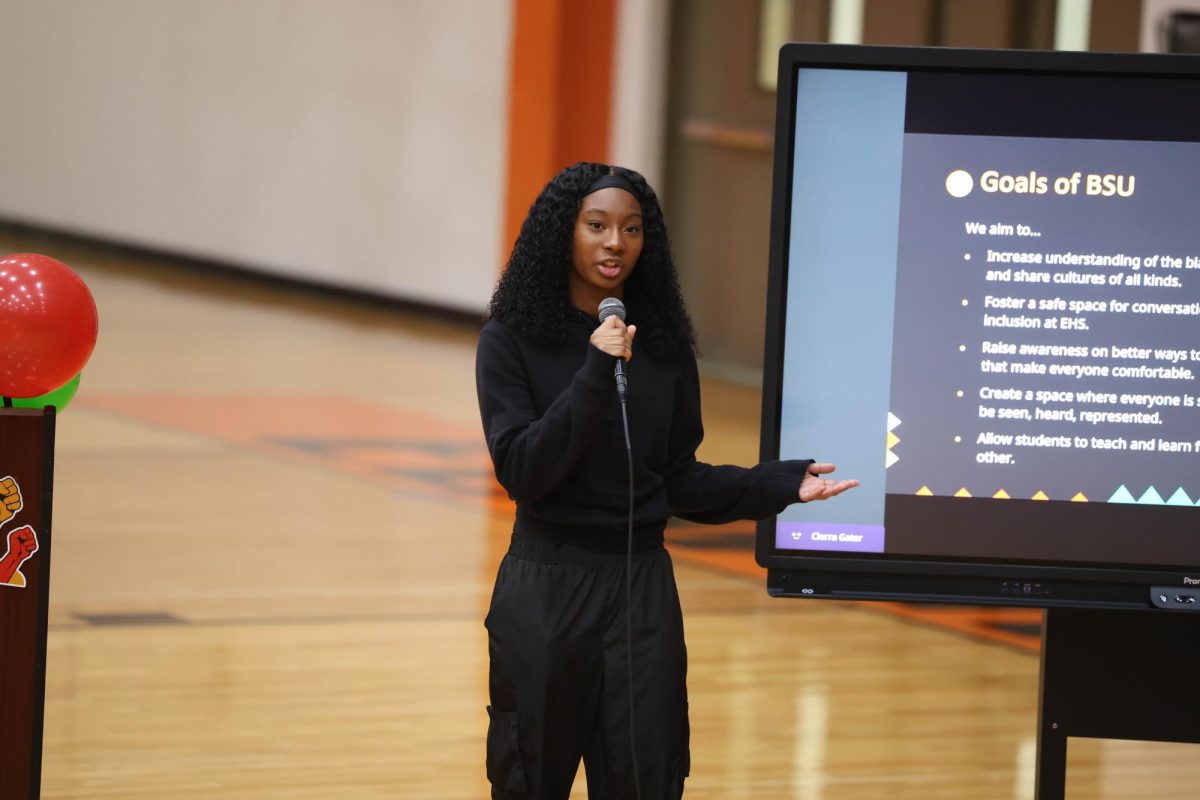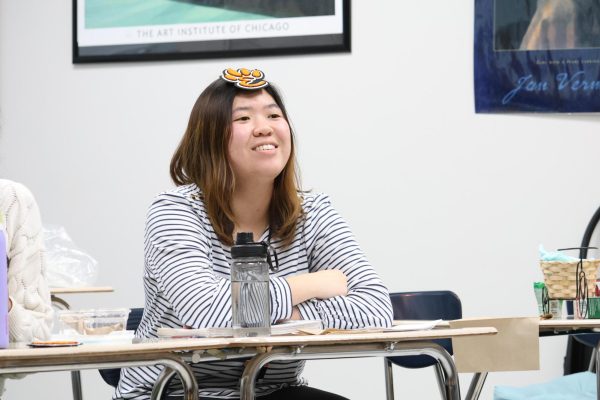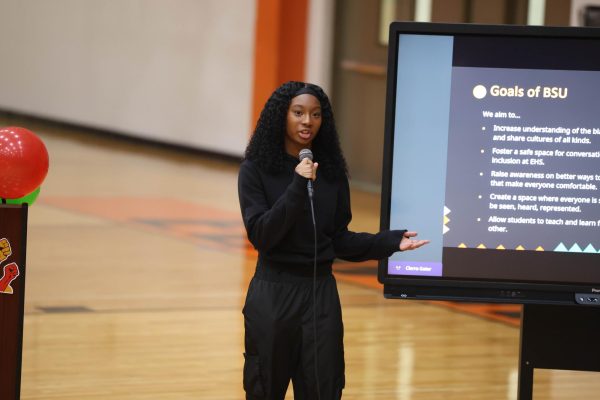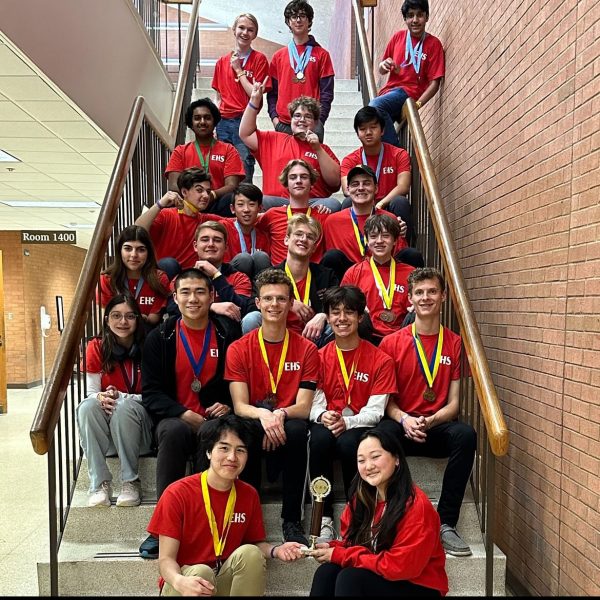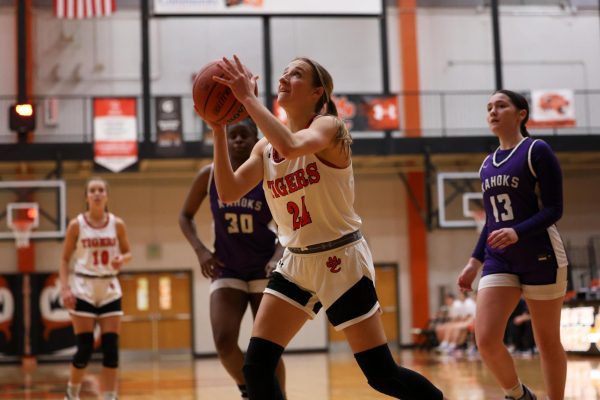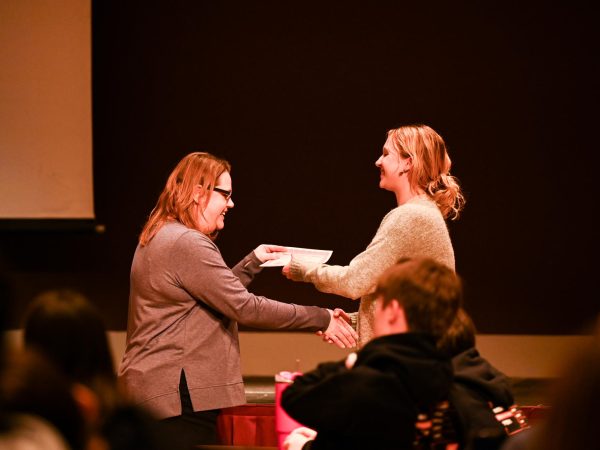Reinventing the Renaissance
September 15, 2016
You might have noticed that a few extra classmates were gone this past Thursday. No, it was not due to sickness, but rather a field trip that only a select few were chosen for.
25 sports team captains and club leaders were selected to take part in a “leadership convention for a renaissance program that had a few people explain what leadership was,” EHS Baseball captain Dylan Burris said.
This convention was held at Lake Land College in Mattoon, Ill. It was sponsored by Jostens, who invited motivational speakers and principals of other schools who had incorporated the program with success, EHS Girls Swim captain Callista Poiter said.
“It was an opportunity to see a motivational speaker and gather some new ideas to help change the culture of our schools or our teams,” Poiter said.
Jostens Renaissance Education was founded more than 25 years ago to help students focus on building positive attitudes and connecting with peers, according to JostensRenaissance.com. They use the pillars of character, culture, and connection to promote pride in students, which they hope will encourage hard work and future success.
Renaissance, according to Merriam-Webster, is “a period of new growth or activity.” The program attempts to revive the ideas of building student attitude in and out of the classroom, amplify relationships with fellow students, and incorporate a lifestyle that celebrates success.
One of the speakers, Mike Smith, talked about being an outsider as a freshman and gaining popularity when he became a star athlete. He went through high school and as a senior, noticed a boy named Calvin who came from the same background.
At first, Smith believed he was too good to talk to Calvin. But he realized that Calvin was just like him, and when he opened up to the freshman, they became best friends.
Poiter described some of the stories as “Glow up: personality version.”
That particular story impacted Burris heavily. It changed his perspective on high school.
“Just because a kid is an athlete or popular doesn’t make them any better than the quiet one that doesn’t have many friends,” Burris said. “Everyone is unique.”



